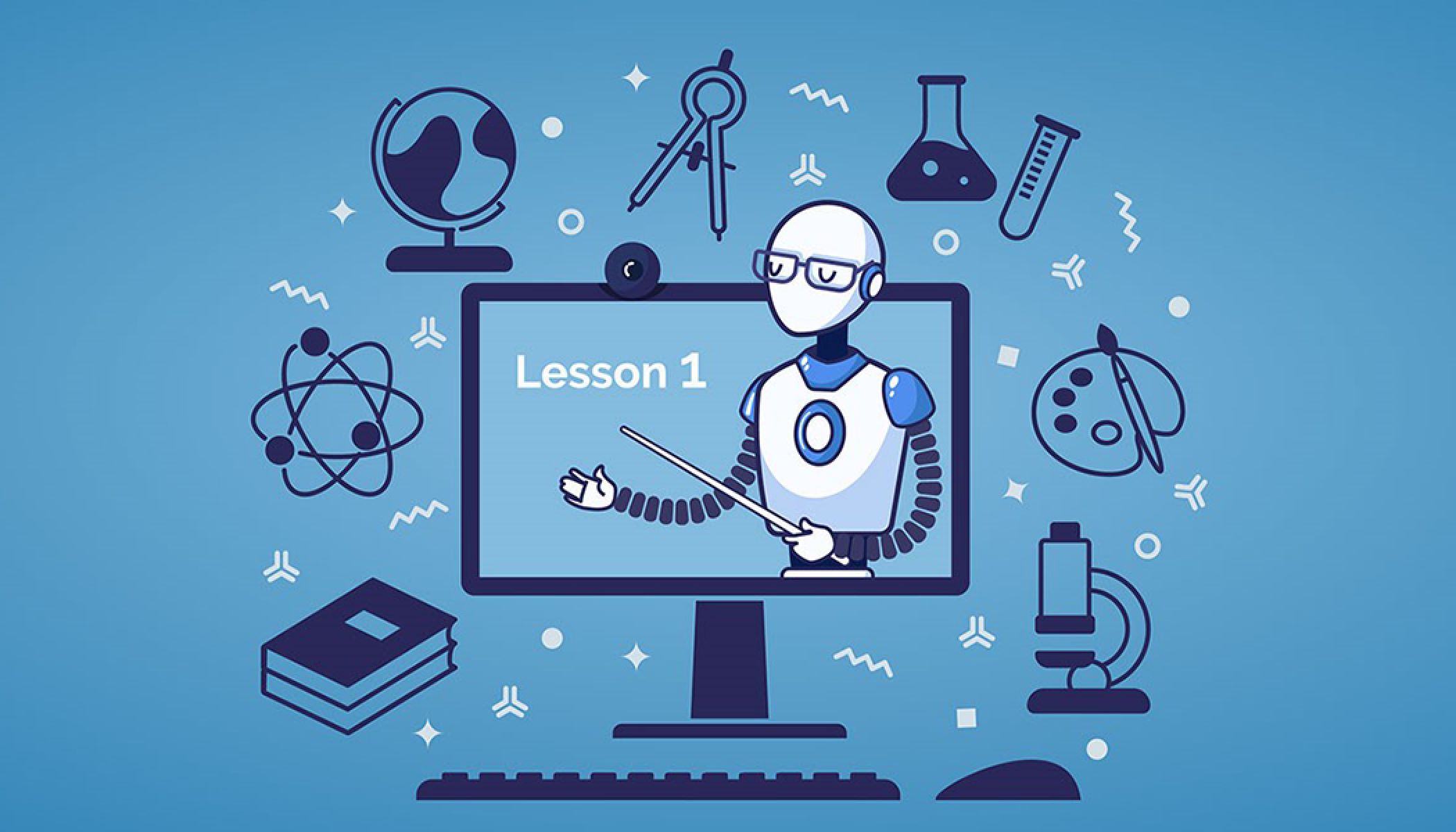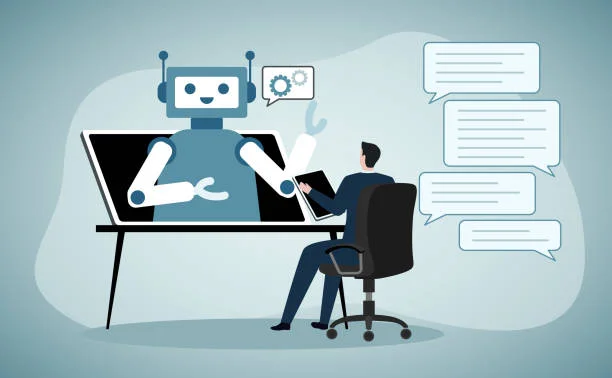
AI-Driven Learning Assistants for Businesses
Introduction
In an age of rapid technological change and evolving business landscapes, continuous learning and development have become essential for both individual professionals and organizations. Artificial Intelligence (AI) is at the forefront of this transformation, offering AI-driven learning assistants that are reshaping how businesses approach employee training and development. This blog explores the impact of AI-driven learning assistants for businesses, their benefits, and how they are revolutionizing workforce development.
The Role of AI-Driven Learning Assistants in Business
Traditional employee training programs often face challenges such as rigid schedules, inconsistent content delivery, and difficulty in tracking progress. AI-driven learning assistants address these issues by providing personalized, accessible, and efficient training experiences for employees.

Benefits of AI-Driven Learning Assistants for Businesses
Personalized Employee Training: AI-driven platforms analyze employee skill sets, performance, and learning preferences to create tailored training paths. This ensures that employees acquire the skills and knowledge they need to excel in their roles.
Continuous Learning: In the fast-paced business world, continuous learning is crucial. AI-driven learning assistants enable employees to access training materials and resources whenever they need to, fostering a culture of ongoing learning.
Efficiency and Cost Savings: AI algorithms help businesses optimize training programs, reducing the time and cost associated with traditional training methods. These platforms allow employees to learn at their own pace, improving efficiency.
Interactive Learning: AI-driven platforms often incorporate interactive content, simulations, and real-world case studies, making learning engaging and practical.
Real-Time Feedback: Employees receive immediate feedback on their progress and performance, helping them identify areas for improvement and take corrective actions swiftly.
Data-Driven Insights: Businesses can leverage data analytics to gain insights into employee performance and training effectiveness. This data-driven approach enables organizations to make informed decisions about training programs.
AI-Driven Learning for Specific Industries
AI-driven learning assistants offer significant advantages across various industries:
Retail: Businesses in the retail sector can use AI-driven learning assistants to enhance customer service, sales, and inventory management.
Healthcare: Hospitals and healthcare institutions can provide ongoing training to medical professionals, ensuring they stay updated on the latest medical practices and technology.
Manufacturing: Manufacturers can employ AI-driven learning assistants to train employees in safety procedures, machinery operation, and quality control.
Finance: In the financial sector, AI-driven learning assistants help employees keep up with evolving regulations, compliance, and investment strategies.
Future Outlook
As AI technology continues to evolve, AI-driven learning assistants for businesses will become more sophisticated. They will offer increased personalization, adaptive learning paths, and immersive training experiences. These platforms will play a vital role in building a skilled and adaptable workforce, which is essential in the face of rapid industry changes and technological advancements

Conclusion
AI-driven learning assistants are revolutionizing workforce development for businesses. By providing personalized, efficient, and accessible training experiences, these platforms enable businesses to empower their employees with the skills and knowledge needed to excel in their roles. In a constantly changing business landscape, adopting AI-driven learning is a strategic investment that can give businesses a competitive edge by fostering a culture of continuous learning and improvement.

